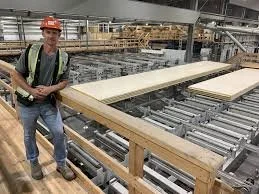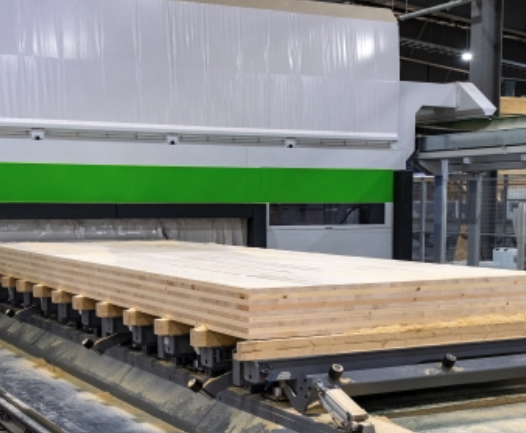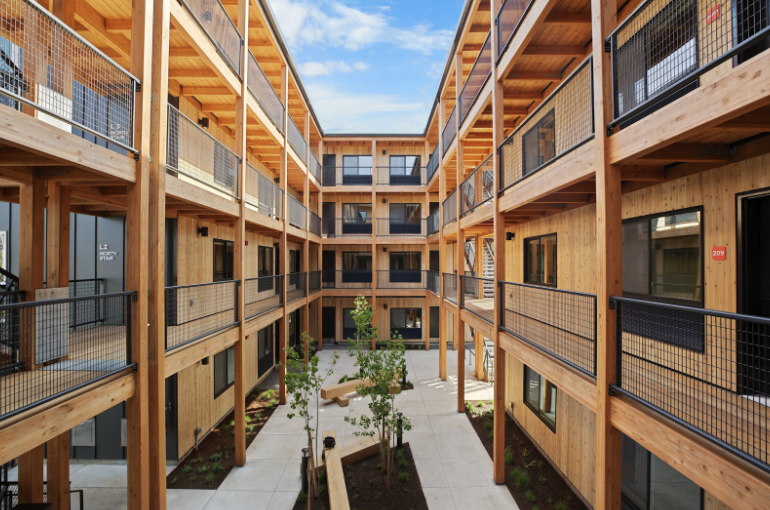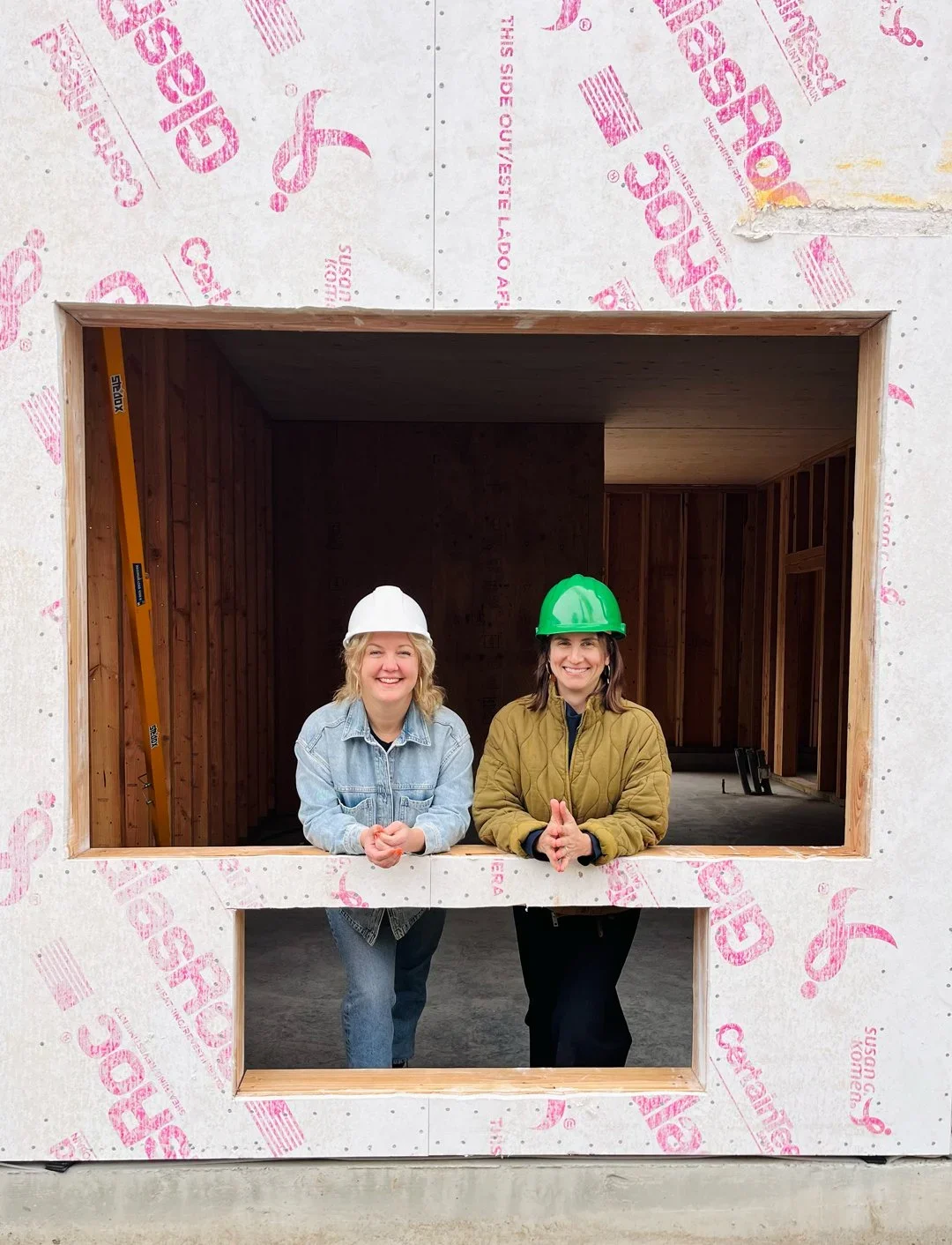Shortstack Mississippi
Building missing middle housing while improving forest health
Shortstack Mississippi is a flagship “missing middle”, multi-family housing project in Portland, Oregon, demonstrating an efficient mass timber approach to the pressing need for increased housing production in the region and beyond. Founded by Anna Mackay and Jessy Ledesma, Shortstack Housing is a women-led developer dedicated to building with transparency and sustainably-sourced wood.
Follow the wood's journey from forest to manufacturer to building below.
West Kootenais, BC
Kalesnikoff Mass Timber
Shortstack Mississippii
Where it started:
West Kootenais, B.C.
The wood for this project was sourced from Kalesnikoff, a mill and mass timber fabricator in interior British Columbia. Kalesnikoff owns and manages their own forestlands, purchases wood from other nearby landowners, and implements timber sales for the BC government through BC Timber Sales on public forestlands. The wood for the Shortstack project came from a range of sources throughout the West Kootenays of British Columbia, where the primary goals of forest management are wildfire risk reduction, pest management (especially for Douglas-fir Beetle), and economic benefit.
What was created:
Kalesnikoff Mass Timber
Kalesnikoff is vertically integrated, meaning they manage their own forestlands and mill, and utilize their own lumber to manufacture Cross Laminated Timber (CLT) and Glulam Beams. Due to their openness and generosity - and because they are vertically integrated - Kalesnikoff provides a unique opportunity for regional timber traceability and transparency. They shared wood source transparency for the Shortstack project, with no direct financial benefit or project requirements. This changes the way projects engage with wood markets and is critical for a meaningful relationship between forests and the communities they supply. Their location in our PNW bio-region reduces costs and emissions for sourcing wood and promotes ecological goals.
The final product:
Shortstack Mississippi
Shortstack Mississippi is designed to deliver housing for the “missing middle.” Located in North Portland’s vibrant Mississippi neighborhood, it’s close to transit, schools, greenspace, and childcare. “Missing middle” here refers to both resident income and building scale: middle-earning Portlanders who don’t qualify for most affordable housing but can’t afford market rents.
The four-story walk-up uses a hybrid CLT method: 5-ply CLT floor and roof plates with panelized stick-frame walls. Mass timber at this scale is rare but offers faster construction, distinctive design, and a kit-of-parts approach for easy replication. The team is already erecting a second Shortstack and plans more as part of their contribution to addressing the housing crisis.
Designers, builders, and other contributors
Developer – Shortstack
Architect – Works Architecture
Engineer – DCI Engineers
General Contractor – Owen Gabbert LLC
Timber Fabricator and Erector – Carpentry Plus Inc.
Mass Timber Supplier – Kalesnikoff
Photo credit to Kalesnikoff and Shortstack Housing. Video credit Sustainable Northwest and Flowerhead Productions.







